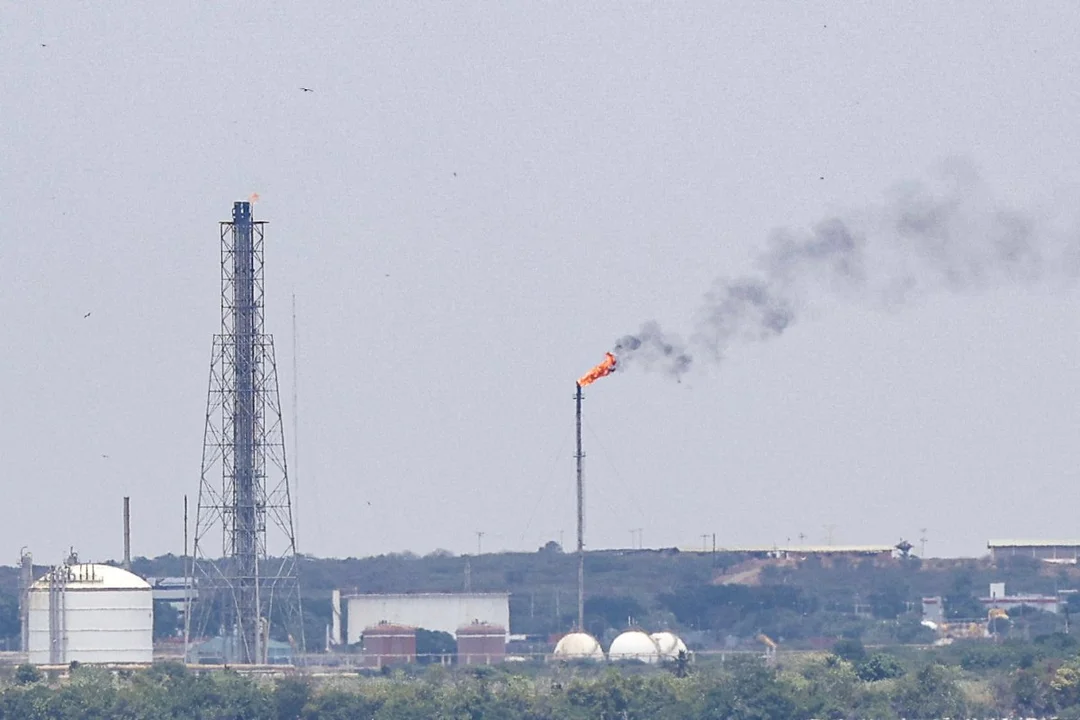
U.S. Tariffs on Venezuelan Oil Impact Global Trade Dynamics
The U.S. has imposed tariffs on countries importing Venezuelan oil, a move that has rippled through global trade networks. This decision, announced by the White House, targets nations including India and China, affecting major corporations like India's Reliance Industries, which has ceased purchasing Venezuelan oil due to the new tariffs.
Reliance Industries, a significant player in the global energy market, has been forced to adjust its strategy, highlighting the far-reaching impact of U.S. trade policies. The tariffs, part of broader sanctions against Venezuela, aim to pressure the country's government and limit its revenue from oil exports.
China, another major importer of Venezuelan oil, faces a dilemma as it navigates the new tariff regime. Analysts suggest that while China may seek alternative sources of oil, the move could strain Sino-American relations further. The tariffs have sparked a debate on the effectiveness of such measures in achieving geopolitical goals while also affecting global energy markets.
The decision has been met with mixed reactions globally, with some viewing it as a necessary step to address Venezuela's political situation, while others criticize it for potentially destabilizing global oil prices and trade relations.
Related issues news
Why are there tariffs on Venezuela?
These tariffs aim to sever the financial lifelines of Nicolás Maduro's corrupt regime and curb its destabilizing influence across the Western Hemisphere. This action targets transnational criminal threats, such as the Tren de Aragua gang, and addresses the humanitarian crises fueled by Venezuela's actions.
How much oil does the US buy from Venezuela?
But even the United States — despite its sanctions against Venezuela — buys oil from that country. In January, the United States imported 8.6 million barrels of oil from Venezuela, according to the Census Bureau, out of roughly 202 million barrels imported that month.